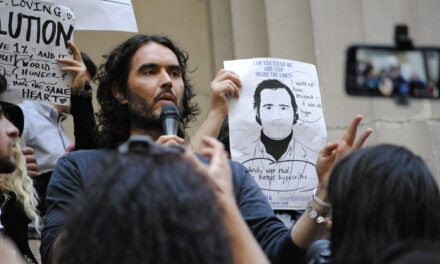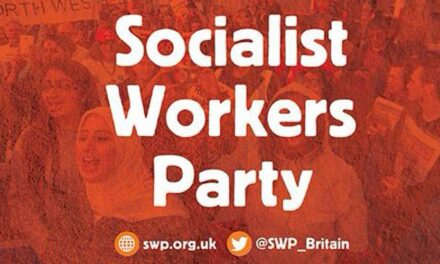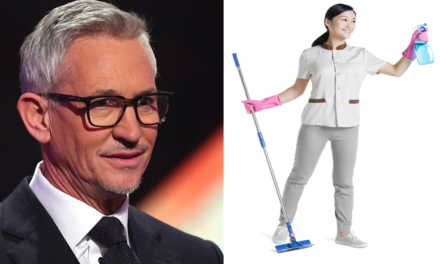The British Broadcasting Corporation (BBC) has found itself in the midst of a massive controversy. Nigel Farage, the fiery politician and ardent Brexit supporter, has bagged the prestigious TV Presenter TRIC Award for his captivating show on GB News. The news left BBC staff fuming and demanding a second vote, citing the classic excuse of “People didn’t know what they were voting for!” They even went as far as suggesting a best-of-three series to determine the rightful winner.
The BBC, renowned for its impartiality (wink, wink), couldn’t believe their eyes when Farage emerged victorious. The staff, no strangers to expressing their political biases, were left clutching their pearls, spewing outrage and bewilderment at the audacity of the public to choose a presenter they didn’t approve of.
“What on earth were the viewers thinking? Nigel Farage? Really? It’s almost as if they were allowed to have their own opinions,” exclaimed one disgruntled BBC employee, who preferred to remain anonymous due to fears of being labeled “divisive” by the same network that invited climate change activists to discuss the weather.
The demand for a second vote has become a familiar refrain in recent years. The phrase “People didn’t know what they were voting for” has been plastered on protest signs, social media profiles, and the walls of hipster coffee shops across the country. It seems that every time the public makes a decision that goes against the establishment’s wishes, there’s an immediate call for a mulligan. But hey, who needs democracy when you can just keep voting until you get the result you want, right?
BBC executives, desperately trying to maintain an air of authority, swiftly responded to the demands. In a press statement, they announced, “We understand that the public may not always make the choices we want them to. Therefore, we propose a best-of-three series for the TV Presenter Award. After all, if one vote doesn’t give the desired outcome, surely three should suffice.”
The suggestion of a best-of-three vote left many in the public scratching their heads. Would the BBC employ this logic across all aspects of their programming? Would they rerun every show three times, just to make sure the audience fully understands what they’re watching? Perhaps they could implement a hotline for viewers to call and check if they’re comprehending the jokes on “Mock the Week” correctly.
While the BBC staff might be fuming over Farage’s win, it’s clear that the public has spoken. And despite the calls for a second vote or a best-of-three showdown, one thing remains certain: Nigel Farage has proven that his brand of passionate, straight-talking television has struck a chord with a significant portion of the British population.
So, let’s raise a cup of tea (or a pint) to Nigel Farage, the unlikely recipient of the TV Presenter Award. May his victory serve as a reminder to the BBC that the public’s voice cannot be silenced or ignored, no matter how many demands for a second vote are thrown their way. Cheers!
















